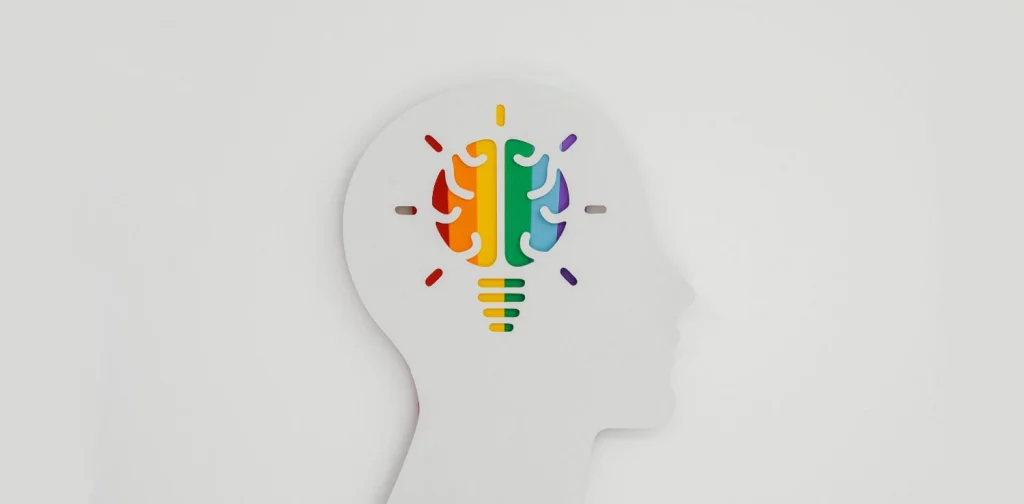Neurodiversity Movement: Embracing Autism Acceptance & Inclusion

Photo: Freepik.
Autism is a spectrum of lifelong neurological conditions that affects someone’s cognition, communication, and interaction. Every year, we celebrate Autism Awareness Day on April 2. There has been a shift in the approach to autism and autism awareness. More than awareness, the neurodiversity movement leads to autism acceptance and inclusion.
Neurodiversity Movement
Neurodiversity is the concept that people experience, process, and interact with the world in infinitely different ways. The term was first used by sociologist Judy Singer and further popularized by journalist Harvey Blume in the 90s. Then, this idea sparked the neurodiversity movement.
The neurodiversity movement is a social justice movement aiming for acceptance and inclusivity that embraces neurological differences. The movement builds on the social model of disability, in which disability results from the systemic and social barriers in society and not one’s inherent impairment or difference. It sits opposite from the pathological paradigm, the biomedical view that these differences – including autism – are something to reduce and correct.
Some autistic self-advocates in the neurodiversity movement propose a middle way, treating harmful traits, behaviors, or conditions and embracing the non-harmful, adaptive ones. Overall, the neurodiversity movement calls for acceptance instead of a cure.
Awareness or Acceptance?
World Autism Awareness Day was first celebrated in 2008 following a resolution from the United Nations. Some activists propose the change from ‘awareness’ to ‘acceptance’ as the world increasingly embraces neurodiversity. In 2023, the theme for World Autism Awareness Day focuses on the contributions of autistic people at home, at work, in the arts, and in policymaking.
While there is no official name change, the UN’s statement for World Autism Awareness Day 2023 echoes the sentiment. It said, “We are moving away from the narrative of curing or converting autistic people and instead focusing on accepting, supporting, and including autistic people, and advocating for their rights.”
Autism Acceptance & Inclusion
Autistic individuals still largely face discrimination. The barriers that prevent them from leading long, meaningful lives remain prevalent. For instance, autistic people are a vulnerable group, yet left out and unaddressed in most climate action plans and commitments. There is still a long way toward acceptance and inclusion in education and the workplace.
Creating a better future for people and the planet with sustainable development requires participation from everyone with the spirit of leaving no one behind. Therefore, the active inclusion of autistic individuals is essential as both contributors and protected groups. Researchers, health professionals, educators, businesses, policymakers, communities, and friends can and should take part in promoting diversity, equity, and inclusion.

Subscribe to Green Network Asia
Strengthen your personal and professional development with cross-sectoral insights on sustainability-related issues and sustainable development across the Asia Pacific and beyond.

Nazalea Kusuma
Naz is the Manager for International Digital Publications at Green Network Asia. She once studied Urban and Regional Planning and has lived in multiple cities across Southeast Asia. This personal experience has exposed her to diverse peoples & cultures and enriched her perspectives. Naz is an experienced and passionate writer, editor, translator, and creative designer with a decade worth of portfolio.


 How Plant the Emirates Aims to Support Food Self-Sufficiency in the UAE
How Plant the Emirates Aims to Support Food Self-Sufficiency in the UAE  GRI’s Updated Sustainability Standards on Climate Change and Energy
GRI’s Updated Sustainability Standards on Climate Change and Energy  Looking into Biochar as a Bioremediation Agent
Looking into Biochar as a Bioremediation Agent  Australian Climate Visa for Citizens of Tuvalu: Showcasing cross-border partnership in light of the climate crisis
Australian Climate Visa for Citizens of Tuvalu: Showcasing cross-border partnership in light of the climate crisis  Nickel Mining in Raja Ampat and the Widespread Cost of Natural Resource Exploitation
Nickel Mining in Raja Ampat and the Widespread Cost of Natural Resource Exploitation  Lumbung Sosial: Challenges and Opportunities of Indonesia’s Social Barn Program
Lumbung Sosial: Challenges and Opportunities of Indonesia’s Social Barn Program